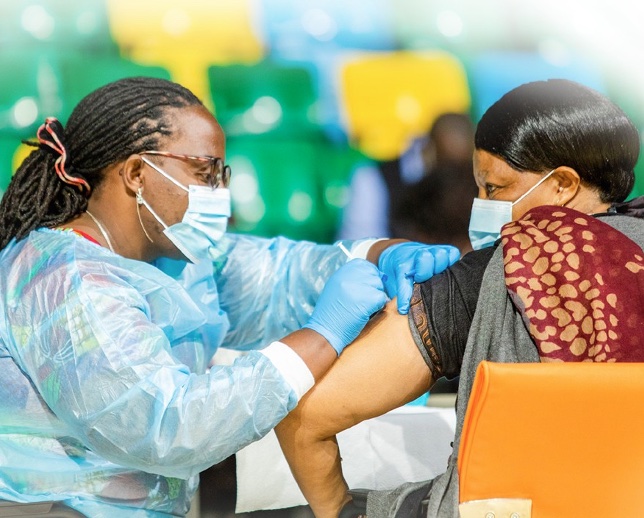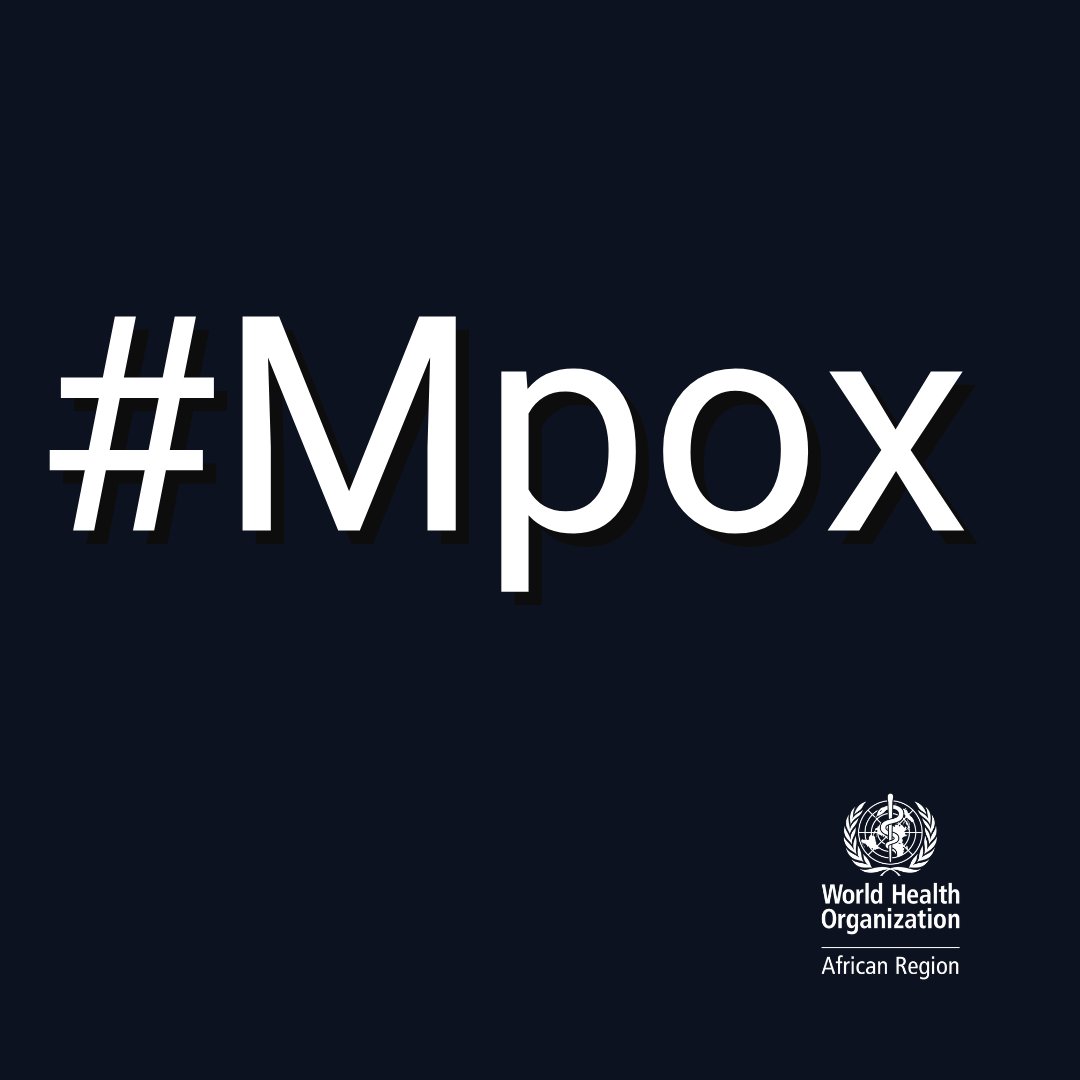Mpox: Community responses and lessons learned
Mpox: Community responses and lessons learned
Showcasing how countries are responding to the Mpox outbreak
Languages: English and French

OVERVIEW
Mpox (previously known as monkeypox) is a viral disease caused by an orthopoxvirus called monkeypox virus. It transmits between humans through close contact with lesions, body fluids, infectious respiratory particles or contaminated materials, or from animals to humans through contact with live animals or consumption of contaminated ‘bushmeat’. Mpox causes signs and symptoms which usually begin within a week of exposure but can start one to 21 days later. Symptoms typically last for two to four weeks but may last longer in someone with a weakened immune system. Normally, fever, muscle aches and sore throat appear first, followed by skin and mucosal rash. Lymphadenopathy (swollen lymph nodes) is also a typical feature of Mpox, present in most cases. Children, pregnant women and people with weak immune systems are at risk of developing complications and dying of mpox.
On 14 August 2024, the WHO Director-General determined that the upsurge of Mpox in the Democratic Republic of the Congo and a growing number of countries in Africa constitutes a Public Health Emergency of International Concern (PHEIC) under the International Health Regulations (2005) (IHR), the highest level of alarm under the IHR.
The clade Ib Mpox outbreak, which began in September 2023 in the Democratic Republic of the Congo, is having an increasing number of cases in the country and also expanding to neighboring countries. Burundi, Kenya, Rwanda and Uganda have each reported Mpox cases. Additionally, Cote d’Ivoire is reporting cases of clade II Mpox for the first time since the start of the multi-country outbreak in 2022.
Download the complete concept noteOBJECTIVES
The World Health Organization Regional Office for Africa (WHO AFRO) in collaboration with the Society for AIDS in Africa (SAA) are organizing the webinar “Mpox: Community responses and lessons learned”.
The webinar aims to showcase how countries are responding to the Mpox outbreak, highlighting the progress achieved in the African Region. It will also provide a platform for exchanging lessons learned that could further inspire and support ongoing community interventions addressing Mpox in the Region.
AGENDA
| Time | Agenda Item | Speaker |
|---|---|---|
| 10 minutes | Opening remarks | Dr. Akudo Ezinne Ikpeazu Hon. Dr. David Pagwesese Parirenyatwa |
| 10 minutes | Mpox: overview of the situation in the African Region | |
| 10 minutes | Mpox risk communication and community engagement | Dr. Julienne Ngoundoung Anoko |
| 10 minutes | Mpox and HIV interactions: leveraging the experience of HIV programmes to support the mpox response | Dr. Agnes P. Adilakshmi Chetty |
| 10 minutes | Exploring countries’ experiences and lessons learned | MOH representatives from Burundi, Central African Republic, Democratic Republic of Congo, Kenya, Uganda |
| 10 minutes | Mpox vaccination equity | Dr. Sidy Ndiaye |
| 30 minutes | Questions and answers | Moderator and speakers |
| 5 minutes | Closing remarks | Moderator |




